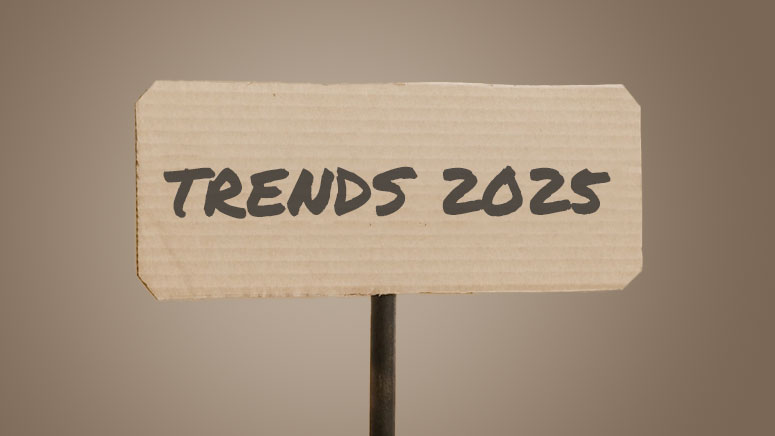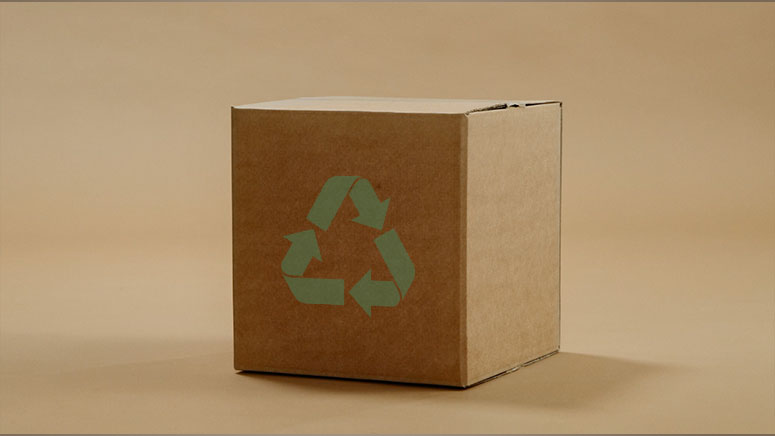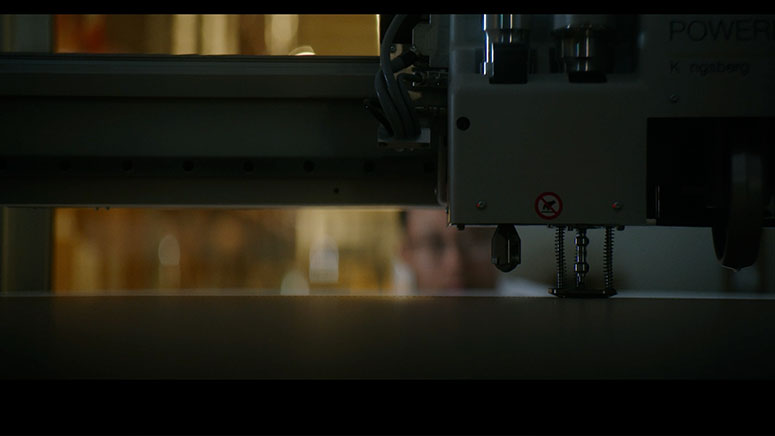In an era where sustainability is increasingly in focus, it is essential to stay updated on ongoing developments. Last year, we saw a rise in sustainability trends, and this will continue to evolve in 2025.
With a focus on the circular economy, stricter regulations, environmental goals, new design trends, and growing AI technology, there is much to explore.



In 2024, the focus was on sustainable materials such as recycled plastic and bio-based packaging. In 2025, this development is taken further by implementing complete solutions to create closed material loops. Packaging will not only be recyclable but will also be produced to a greater extent from recycled materials.
A major focus this year will be on new and stricter EU regulations. Companies will need to adapt by using more standardized and reusable packaging solutions. It will also be crucial to document the carbon footprint of packaging.

Previously, the emphasis was on creating packaging that was minimalist and aesthetically appealing to attract environmentally conscious consumers. In 2025, this will go a step further—packaging will not only be designed to protect the product and attract customers but also to be reused or repurposed for other functions. One example is versatile transport packaging that can later be used for storage.
Artificial intelligence (AI) is now a revolutionary technology, including in the packaging industry. In 2025, interest in AI is expected to grow further, playing an increasingly important role in optimizing production, design, and logistics. With AI, companies can analyze large amounts of data to reduce material consumption and develop innovative solutions that lower the environmental impact of the packaging industry.

2025 is expected to mark a shift where sustainability and technology merge. From circular solutions to AI-driven innovation—staying ahead in the packaging industry requires integrating sustainability, complying with new regulations, and leveraging technological advancements. The packaging of the future must not only be ready to meet new demands but also create added value on multiple levels.

